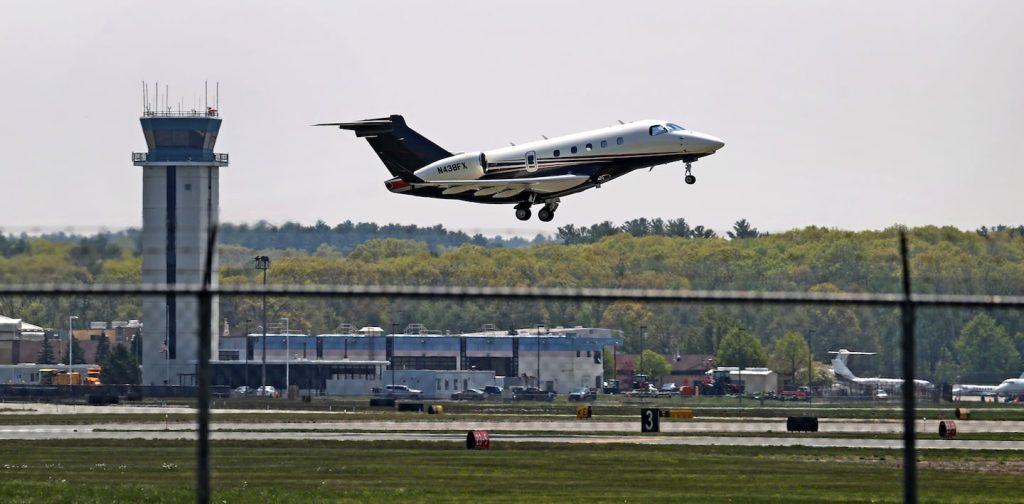Cambridge startup Propel Aero this week unveiled a potentially groundbreaking clean power source for airplanes.
The company’s sodium-air fuel cell, which packs three to four times more energy per pound than common lithium-ion electric batteries, emerged from the lab of MIT professor Yet-Ming Chiang, 67, the prolific inventor and serial entrepreneur behind almost a dozen local tech companies including Form Energy and Sublime Systems.
Researchers have long known that sodium metal, which can be made from ordinary table salt, can generate electricity when mixed with air. But they struggled to find a way to efficiently recharge a sodium-air battery, Chiang said. Propel Aero’s device avoids that problem by putting the materials in a fuel cell, which consumes the sodium, more like a gas tank. Instead of being recharged, the fuel cell needs to be refilled with sodium metal.
Within a year, Propel plans to build a prototype sodium-air cell the size of a shoebox to power a large drone. Ultimately, a sodium-air fuel cell could power a regional jet carrying 50 to 100 passengers on flights as long as 300 miles, Chiang said. It’s a potentially huge market—passenger revenue for flights under 500 miles totaled almost $50 billion per year worldwide, according to consulting firm McKinsey.
Filling the skies with sodium-powered planes could be some years off, however. “It’s hard to be precise but that’s a few years away,” Chiang said. The Federal Aviation Administration can take many years to certify new aircraft, he explained. “That’s obviously the hardest part,” Chiang said.
Propel Aero will also have to make sure its fuel cells are safe, as sodium metal can cause explosions if mishandled.
The US used to produce 200,000 tons a year of sodium metal as an additive for leaded gasoline, so manufacturing large amounts for future clean jets should be achievable, Chiang said.
With Propel cofounders Venkat Viswanathan and Shashank Sripad, the MIT professor will be trying to leapfrog a host of companies, including Beta Technologies in Burlington, Vermont, that are working on aircraft powered by typical lithium-ion batteries. So far, those planes are small, carrying four or five passengers.
Earlier research done by Chiang and his students helped underpin multiple other local startups. Form Energy in Somerville and 24M Technologies in Cambridge are developing batteries, Desktop Metal in Burlington makes 3D printers, and Sublime Systems in Somerville manufactures cement without fossil fuels.
“For hard tech, we have the best ecosystem on the planet,” Chiang said.
Aaron Pressman can be reached at aaron.pressman@globe.com. Follow him @ampressman.

